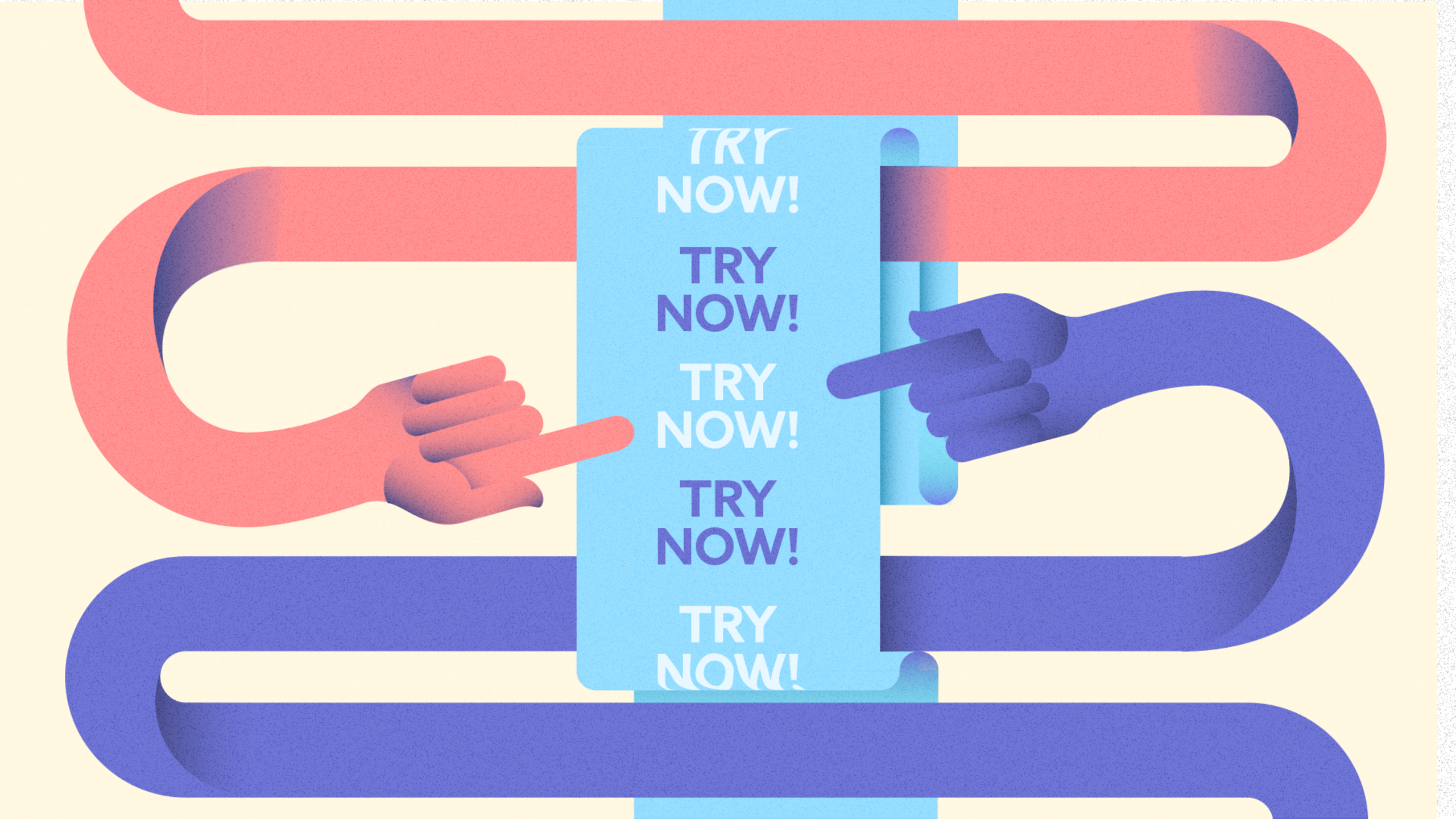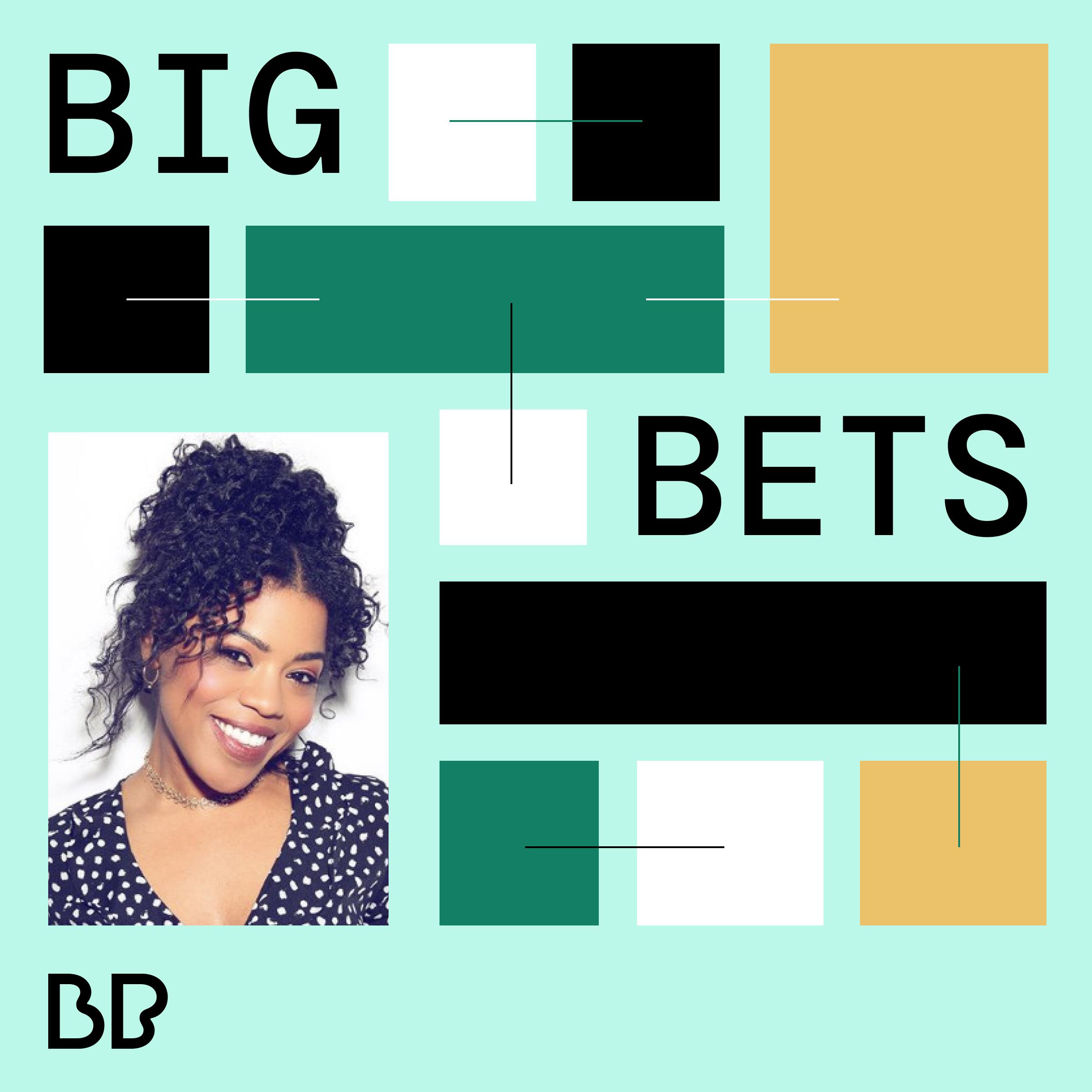Creating a Modern Free Trial with Experiential Product Sites


When done well, content marketing connects your product to people communicating the value without sharing features. Podcasts are one channel in a strategy, and it’s one many brands are embracing.
For Alanah Joseph of HubSpot, the opportunity to invest in content has been foundational to its success. She joins the Big Bets series to announce their newest bet with podcasting while sharing the driving factor behind their recent acquisition of The Hustle.
Takeaways:
Things to Listen For: